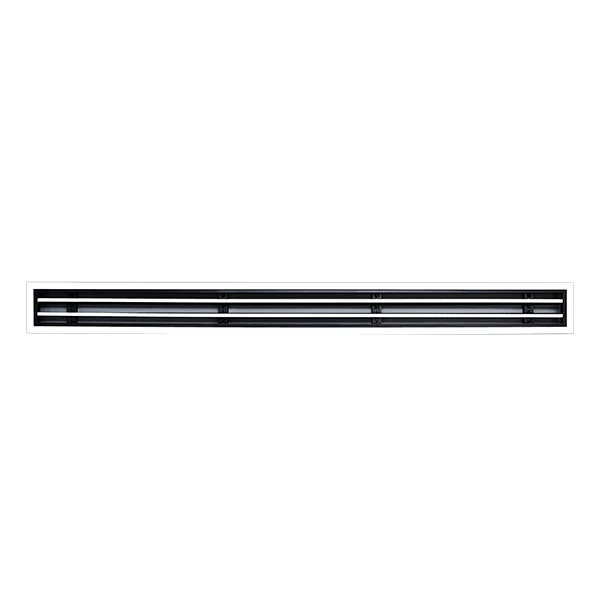As the temperature drops and winter sets in, many homeowners turn to electric heaters for warmth and comfort. However, a common concern arises: do electric heaters run your bill up? Understanding the financial implications of using electric heaters is crucial for effective budgeting and energy management. In this article, we will delve into the mechanics of electric heating, analyze its cost-effectiveness, and provide practical tips for optimizing energy use.
Understanding Electric Heaters
Electric heaters convert electrical energy into heat through various mechanisms, including resistance heating, heat pumps, and infrared radiation. The most common types include:
- Resistance Heaters: These heaters use electrical resistance to generate heat. They are straightforward and typically less expensive to purchase but can be costly to operate.
- Heat Pumps: These systems transfer heat from the outside air or ground into your home. While they have a higher initial cost, they are generally more energy-efficient and can significantly reduce heating bills.
- Infrared Heaters: These heaters emit infrared radiation, directly warming objects and people in the room rather than the air. They can be efficient for spot heating but may not be suitable for larger spaces.
The Cost of Electric Heating
To determine whether electric heaters will run your bill up, it’s essential to consider several factors:
- Electricity Rates: The cost of electricity varies by region and can significantly impact your heating bill. In areas with high electricity rates, electric heaters can become prohibitively expensive.
- Heating Efficiency: The efficiency of the heater plays a crucial role in energy consumption. For example, a heat pump can provide three to four times more heating energy than the electrical energy it consumes, making it a more cost-effective option compared to traditional resistance heaters.
- Usage Patterns: The duration and frequency of heater use directly affect your energy bill. Using electric heaters as a primary heating source for extended periods can lead to substantial costs.
- Home Insulation: A well-insulated home retains heat more effectively, reducing the need for constant heating. Poor insulation can lead to heat loss, forcing electric heaters to work harder and consume more energy.
Calculating Your Heating Costs
To estimate the potential impact of electric heaters on your utility bill, you can use the following formula:
Cost = (Wattage of Heater × Hours Used × Electricity Rate) / 1000
For example, if you have a 1500-watt electric heater running for 8 hours a day at an electricity rate of $0.12 per kWh, your daily cost would be:
Cost = (1500 × 8 × 0.12) / 1000 = $1.44 per day
Over a month, this would amount to approximately $43.20, which can add up quickly, especially during the coldest months.
Tips to Optimize Electric Heater Use
- Use Programmable Thermostats: Smart thermostats can help regulate the temperature in your home, ensuring that heaters only operate when necessary.
- Supplement with Other Heating Sources: Consider using electric heaters in conjunction with other heating methods, such as central heating or wood stoves, to reduce overall energy consumption.
- Zone Heating: Focus on heating only the rooms you use most frequently. This targeted approach can significantly reduce energy waste.
- Regular Maintenance: Ensure that your electric heaters are well-maintained and free from dust and debris, which can hinder efficiency.
- Invest in Energy-Efficient Models: If you’re in the market for a new heater, look for models with high energy efficiency ratings. They may have a higher upfront cost but can save you money in the long run.
Conclusion
In conclusion, while electric heaters can indeed run your bill up, understanding their operational costs and implementing energy-saving strategies can mitigate these expenses. By considering factors such as electricity rates, heater efficiency, and usage patterns, homeowners can make informed decisions about their heating options. Ultimately, the goal is to balance comfort with cost, ensuring that your home remains warm without breaking the bank. As winter approaches, take the time to evaluate your heating strategy and make adjustments that will keep both you and your wallet cozy.


More Stories
Cat7a S/FTP Network Cable in High-Density Data Transmission Environments
UHF RFID Readers for Asset Management
Does a 4G Industrial Grade LTE WiFi Router with SIM Slot Work as a Reliable Wireless WAN Gateway?